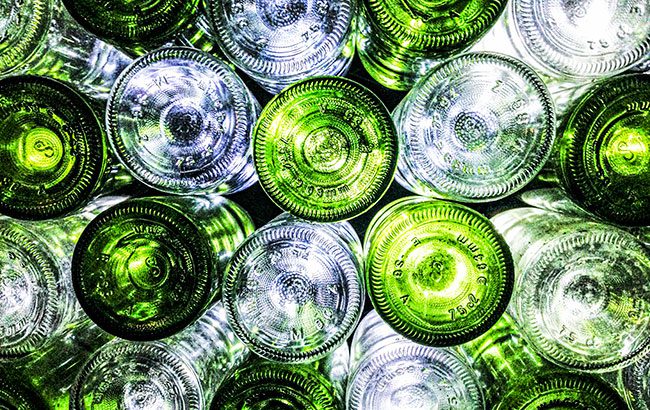Trade groups hit out at EPR’s high glass fees
Six trade bodies, including the Scotch Whisky Association (SWA), have slammed the “disproportionately high” glass fees announced in the “poorly designed” Extended Producer Responsibility (EPR) scheme.

The EPR scheme from the UK government’s Department for Environment, Food and Rural Affairs (Defra) came into effect on 1 April. It intends to hold producers accountable for packaging waste, and they will now have to report how much packaging they release into the market and pay the associated fees.
The first payments will be due in October 2025, following a one-year delay.
The 2025 base fees for the first year of the scheme were announced last Friday (27 June), with glass set at a rate of £192 per tonne, aluminium at a rate of £266, paper and card at £196, plastic at £423 and fibre-based composite at £461.
In response, trade bodies the SWA, Wine and Spirit Trade Association (WSTA), WineGB, British Beer and Pub Association, British Glass and UKHospitality have written to the secretary of state for Defra, Steve Reed, to voice their concerns about the scheme.
The letter highlights that in its current form, EPR will enact “significantly higher costs on glass compared to a range of other materials” and could lead to producers using less recyclable materials instead – a move that would contradict the aim of the scheme.
The trade bodies highlighted that glass represents only 5% of the volume of containers placed on the market, however the charge covers approximately 30% of the scheme’s cost.
They also warned that producers would have to pay twice for their packaging waste due to ‘double counting’. In many hospitality businesses, packaging deemed as household waste will never make it out of a venue and will be disposed of commercially. This means firms will end up paying both a commercial waste fee and an EPR charge, UKHospitality claimed.
As such, the trade groups are calling for immediate action to ensure the EPR scheme is “fair, efficient and effective”.
‘Significant additional cost’
A joint statement from the producers said: “With businesses facing numerous economic challenges, today’s announcement goes against the UK government’s plans for boosting growth at home.
“The disproportionately high fees for glass demonstrate that the UK government has not listened to the concerns of businesses – laid out clearly in last week’s letter to the secretary of state – regarding this poorly designed scheme.
“The current EPR design does not meaningfully support the delivery of a circular economy, and adds a significant additional cost to businesses who use glass.
“There is a risk that without action from the UK government to reduce these fees and move to meaningfully support businesses rather than restrict them, the scheme will result in producers switching to less sustainable materials and that many producers will be charged twice – further restricting investment into the economy.
“We are united in urging the government to reconsider the proposed fees, and to work with businesses to implement a scheme that truly supports the delivery of a circular economy.”
In February, the WSTA joined forces with various trade associations to air their grievances about the scheme and the uncertainty around it.
Related news
Amber Beverage UK welcomes new MD
